You are exploring Donald Trump’s website, http://donaldjtrump.com"> http://donaldjtrump.com . (Let us imagine, for a moment.) You read the quotes, you look at the images, you click on hyperlink after hyperlink. But then you take a wrong turn... [THREAD]
The page you were hoping to find is not there; instead, you are met with a page with a photo of Joe Biden and the words "It appears you are as lost as me"...
If you had done this last year, you would have been met with a page with the words “Oops! This is awkward. You’re looking for something that doesn’t exist...” Next to the words, a photograph:
Biden or Clinton, both these pages are 404s. 404 error pages signal that a URL cannot be found. They are perhaps the most commonly encountered error pages on the internet, and are an unavoidable part of the web as it has been constructed. Here& #39;s Google& #39;s:
In 1996, the non-profit company The Internet Archive began trying to solve the problem of 404s by archiving webpages. Its web archive, named the Wayback Machine, now holds over 451 billion webpages, making it the largest publicly accessible archive in the world.
Thus far, most research on the Wayback Machine has taken a "computational" approach. Computational thinking assures us that our problems with technology have operational solutions: that to solve them we must simply manipulate the way we use our technology...
My new article, "The Wayback Machine: Notes on a Re-Enchantment", takes a different approach. It steps back from computational thinking to consider the language we use to apprehend technology. It explores the importance of space, photographic language, and death... (link below)
I take methodological cues from @jamesbridle, who in "New Dark Age" encourages us to re-enchant our technological tools: "not a repurposing or a redefinition, necessarily, but a thoughtfulness of them." A poignant, knotty, highly-recommended read: https://www.versobooks.com/books/3002-new-dark-age">https://www.versobooks.com/books/300...
Another influence on my article is the work of Michel Foucault –– only his work on archives, but also the idea of "heterotopia" from his essay "Des Espaces Autres/Of Other Spaces". Barely 9 pages long, it& #39;s full of avenues for further exploration: https://web.mit.edu/allanmc/www/foucault1.pdf">https://web.mit.edu/allanmc/w...
My article ends: It& #39;s easy to think of language in purely communicative terms—that the words we use merely describe the phenomena we experience. But when we speak of technology, we are thinking through very specific metaphors. [cont.]
It may be that, for most of us most of the time, the thinking behind the metaphor is offloaded into language itself. By focusing on language we can re-engage, and see how these metaphors not only show us things but also hide things from us. Free to read: https://rdcu.be/b5wfb ">https://rdcu.be/b5wfb&quo...
Or, if you have institutional journal access, you can read/download the article here: https://link.springer.com/article/10.1007/s10502-020-09345-w">https://link.springer.com/article/1... @InternetArchive @WaybackMachine @SpringerNature #WebArchiving #WebArchives #Foucault #MetaphorStudies #ComputationalThinking

 Read on Twitter
Read on Twitter![You are exploring Donald Trump’s website, http://donaldjtrump.com . (Let us imagine, for a moment.) You read the quotes, you look at the images, you click on hyperlink after hyperlink. But then you take a wrong turn... [THREAD] You are exploring Donald Trump’s website, http://donaldjtrump.com . (Let us imagine, for a moment.) You read the quotes, you look at the images, you click on hyperlink after hyperlink. But then you take a wrong turn... [THREAD]](https://pbs.twimg.com/media/EcupmsnWsAAy_Rt.png)


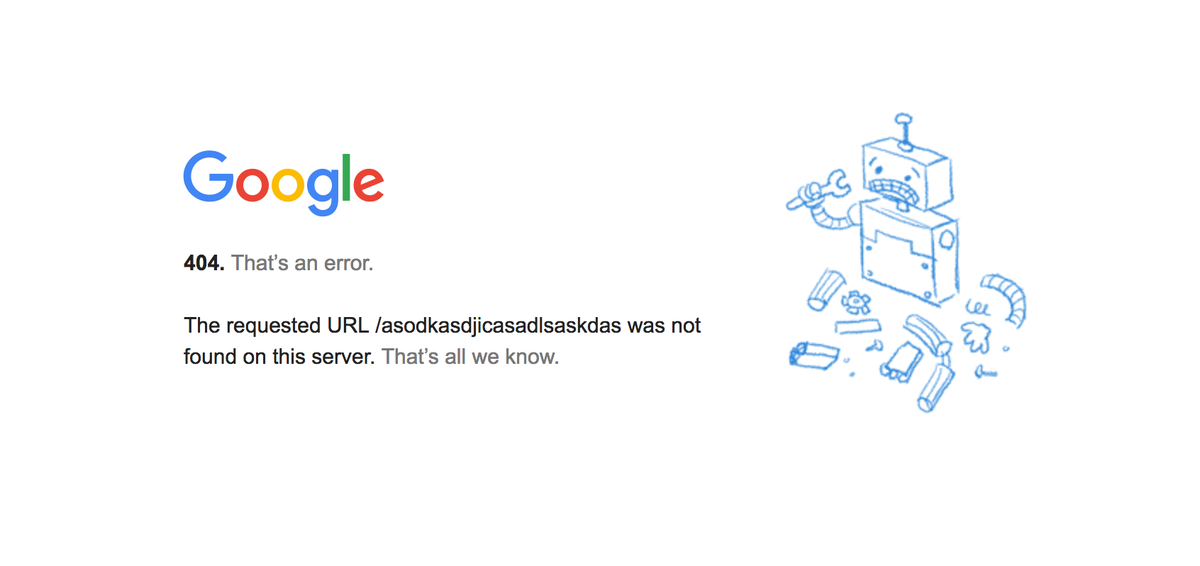
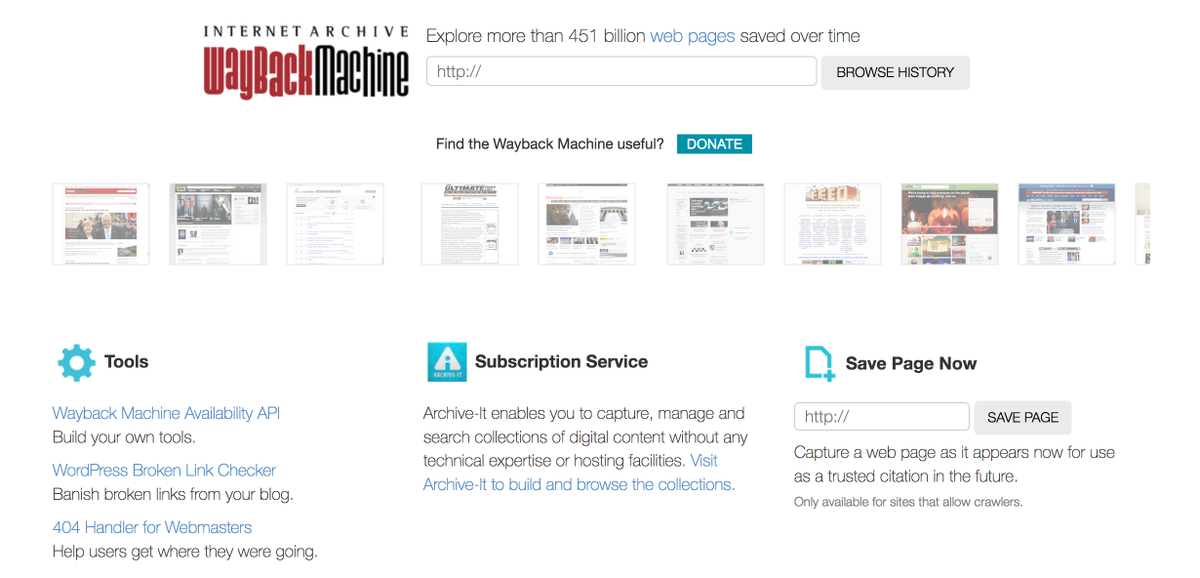
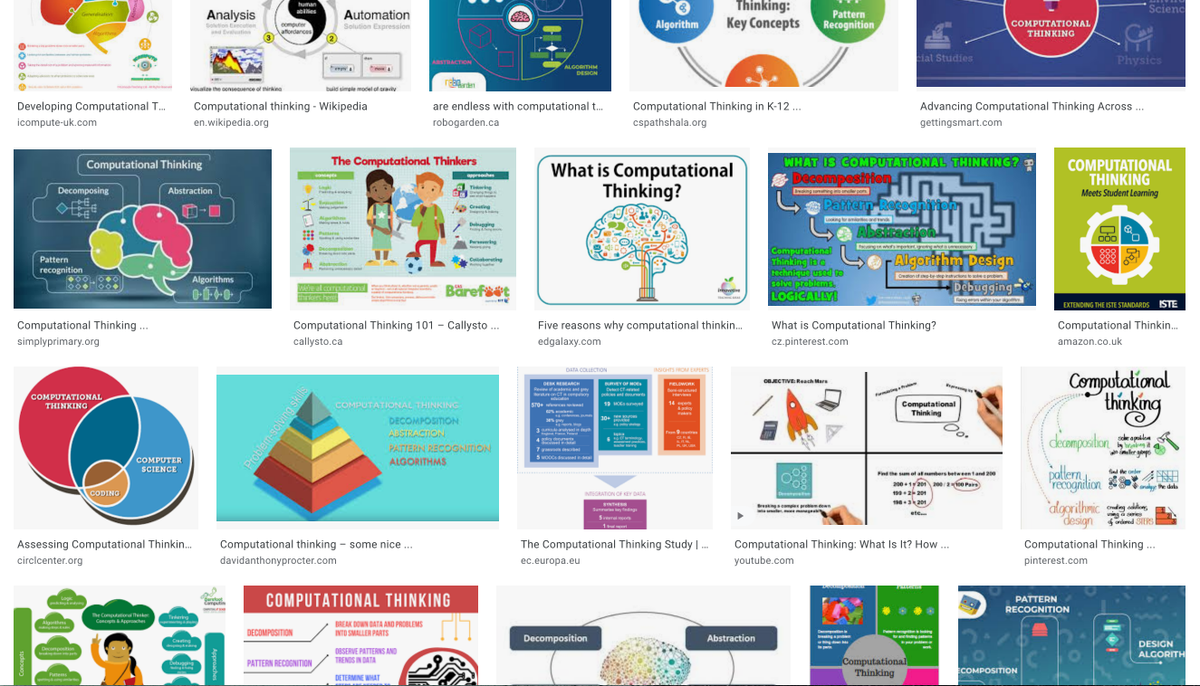

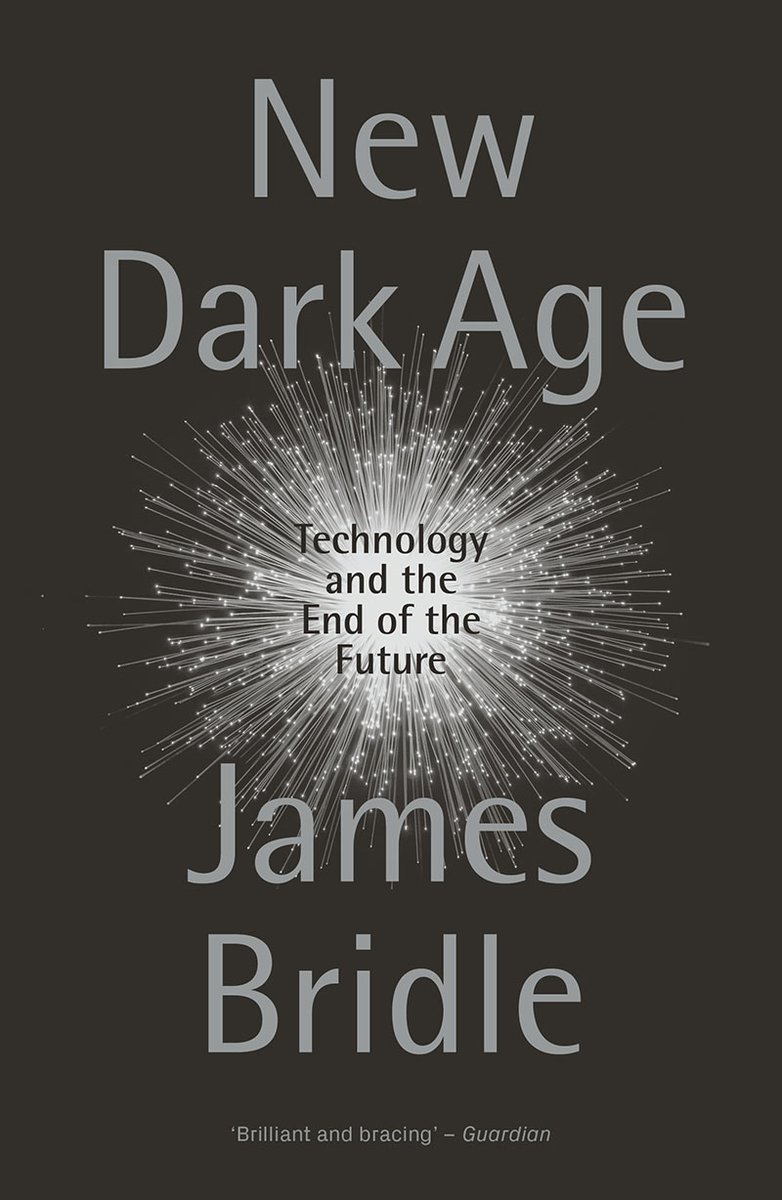
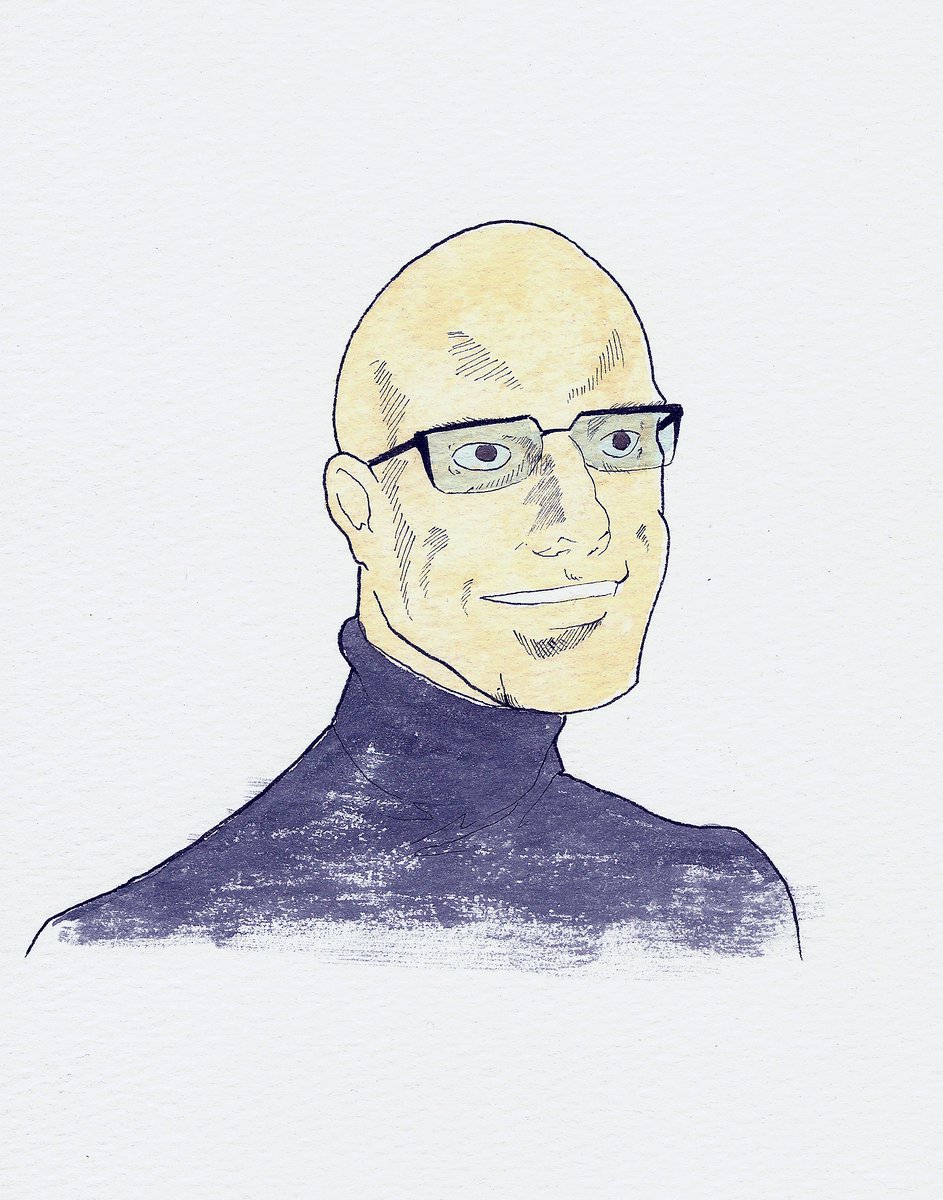
![My article ends: It& #39;s easy to think of language in purely communicative terms—that the words we use merely describe the phenomena we experience. But when we speak of technology, we are thinking through very specific metaphors. [cont.] My article ends: It& #39;s easy to think of language in purely communicative terms—that the words we use merely describe the phenomena we experience. But when we speak of technology, we are thinking through very specific metaphors. [cont.]](https://pbs.twimg.com/media/EcuxIoOXkAUol5-.png)



